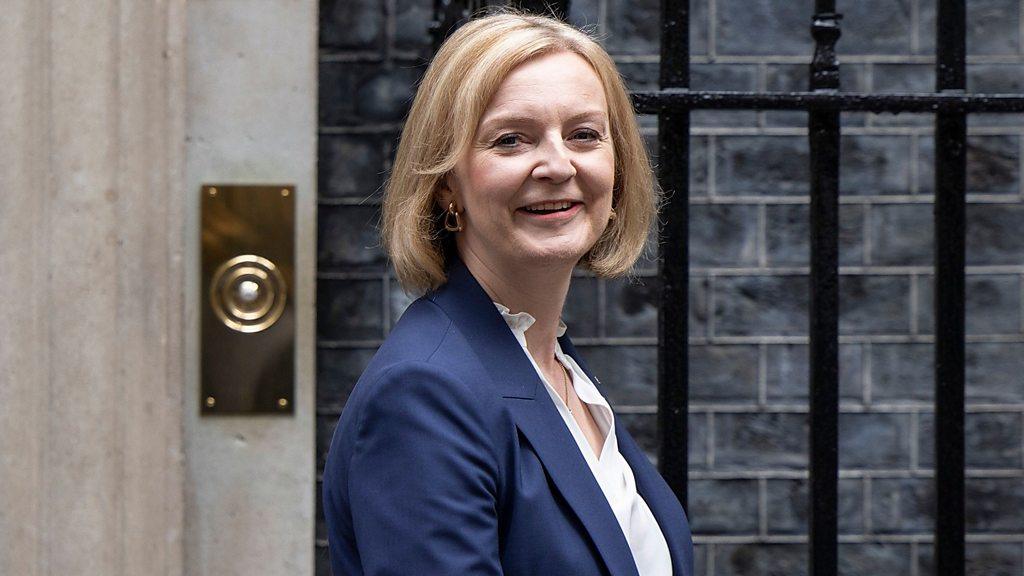BBC local services disrupted by 24-hour strike over radio cuts
- Published
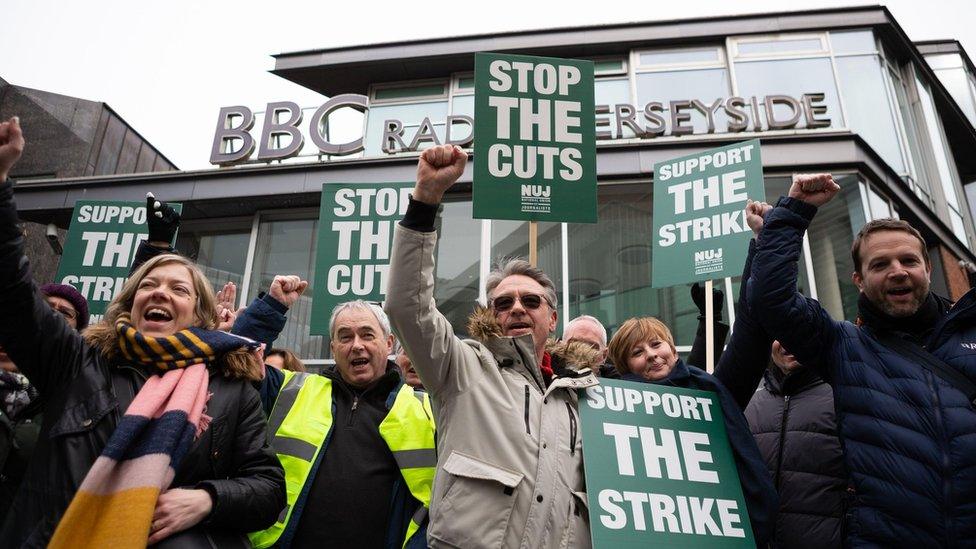
There are plans for local radio stations in England to share some programmes with neighbouring areas
The BBC's regional TV bulletins and local radio and online output in England are being disrupted by a 24-hour strike on Wednesday and Thursday.
National Union of Journalists (NUJ) members working for BBC Local started the action at 11:00 GMT in response to plans to merge some local radio shows.
The NUJ said the proposals would "undermine already hollowed out local radio content across England".
The BBC said it had "tried to minimise disruption as much as possible".
Plans for its 39 local stations to share more shows would "see no overall reduction in staffing levels or local funding" and deliver "even greater value to communities", a BBC spokesperson said.
The strike means most 13.30, 18.30 and 22:30 regional TV news programmes across England are not expected to be broadcast.
Shortly after 11:00 on Wednesday, some local radio stations broadcast a syndicated programme. Others kept their own shows, although many used stand-in hosts.
The NUJ said it expected more than 1,000 staff to take part. When the strike ends at 11:00 on Thursday, they will then start a continuous work to rule - sticking strictly to the requirements of their contract, for example not taking on extra duties or overtime.
'Last resort'
Programming in Scotland, Wales and Northern Ireland is not affected.
The union said staff saw the strike as "a last resort".
NUJ general secretary Michelle Stanistreet said: "It's not simply a question about jobs and conditions for our members - they believe passionately in the value that quality local content brings to their audiences, journalism that is trusted and relied upon in the communities they serve.
"The BBC's raiding of local radio budgets to fund its Digital First strategy is wrongheaded and risks undermining a vital part of our public service broadcasting."
Wednesday's walk-out coincides with the chancellor's Budget day. Further strikes are being considered for May's local elections, the coronation and the Eurovision Song Contest.
Under the BBC's proposals, the 39 English stations would keep their own weekday morning programmes but then share 20 afternoon weekday shows, with some stations sharing schedules between 14:00-18:00 with neighbouring stations and others remaining local.
There would be 10 shared shows after 18:00 and a single all-England programme after 22:00. Weekend output will also be affected.
'Modernising services'
The 39 BBC Introducing shows, which help to discover up-and-coming musicians, will also be cut to 20 - but with extra timeslots to ensure a broad range of music can still be played.
The BBC has said local news bulletins and live sports programming will be maintained.
A BBC spokesperson said on Wednesday: "We are obviously disappointed that the strike has gone ahead. We have a plan to modernise local services across England - including more news journalists and a stronger local online service - which will see no overall reduction in staffing levels or local funding.
"Our goal is a local service across TV, radio and online that delivers even greater value to communities.
"We will continue to engage with the trade union and do everything possible to minimise the impact on staff."
The BBC plans also include creating 11 investigative reporting teams across the country, launching dedicated online services for Bradford, Wolverhampton, Sunderland and Peterborough, and creating a new fund to commission original local programmes and podcasts.
Separately, there have been recent protests about proposed cuts to BBC Radio Foyle in Northern Ireland.
Related topics
- Published28 February 2023
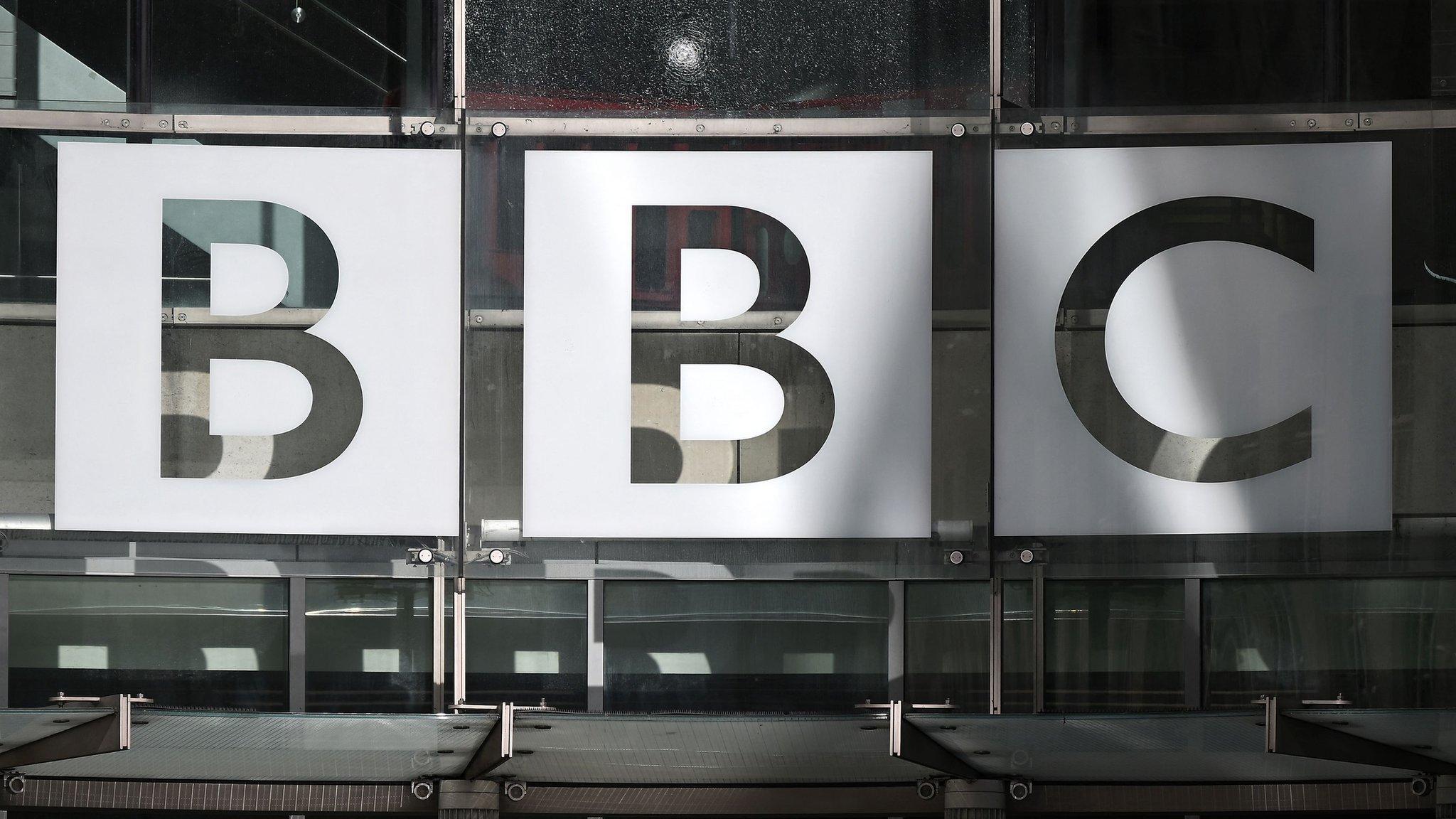
- Published31 January 2023
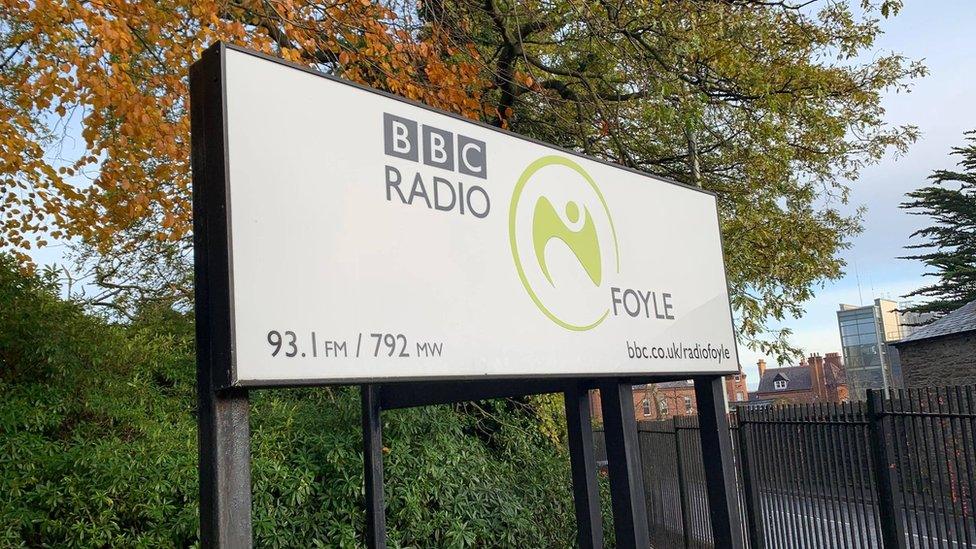
- Published18 January 2023
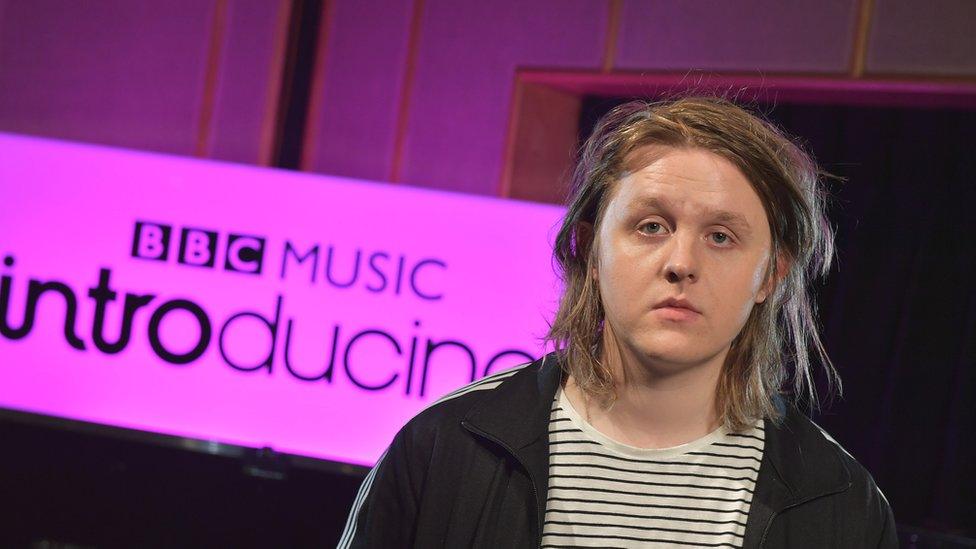
- Published1 November 2022
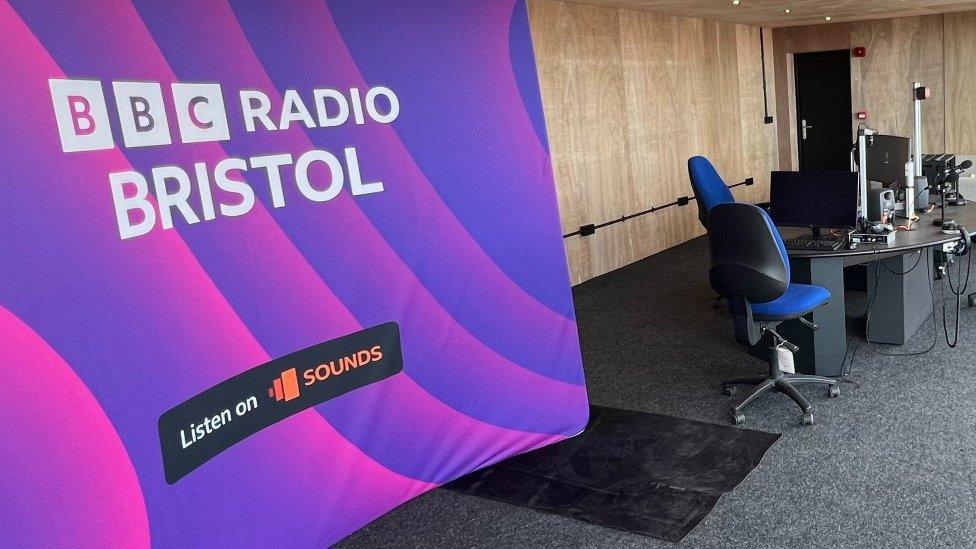
- Published31 October 2022
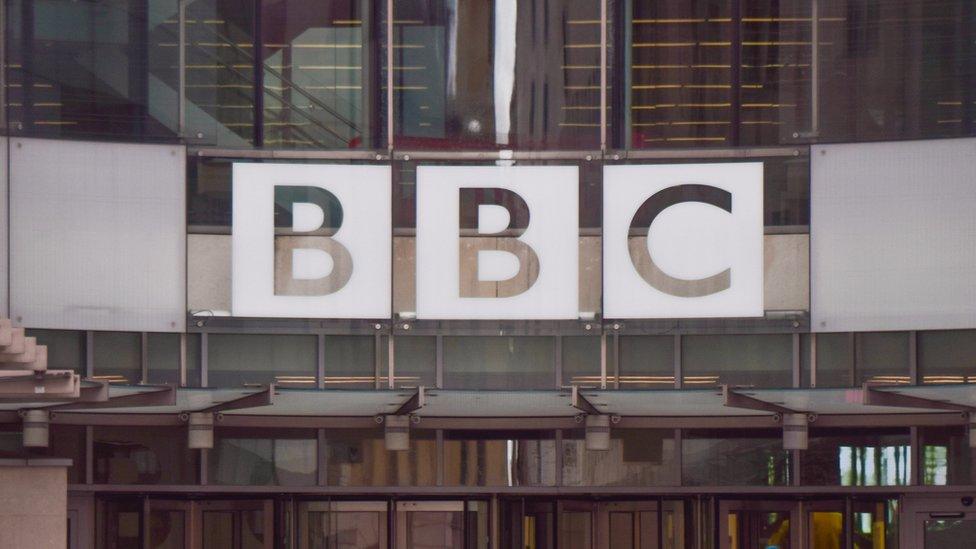
- Published29 September 2022
